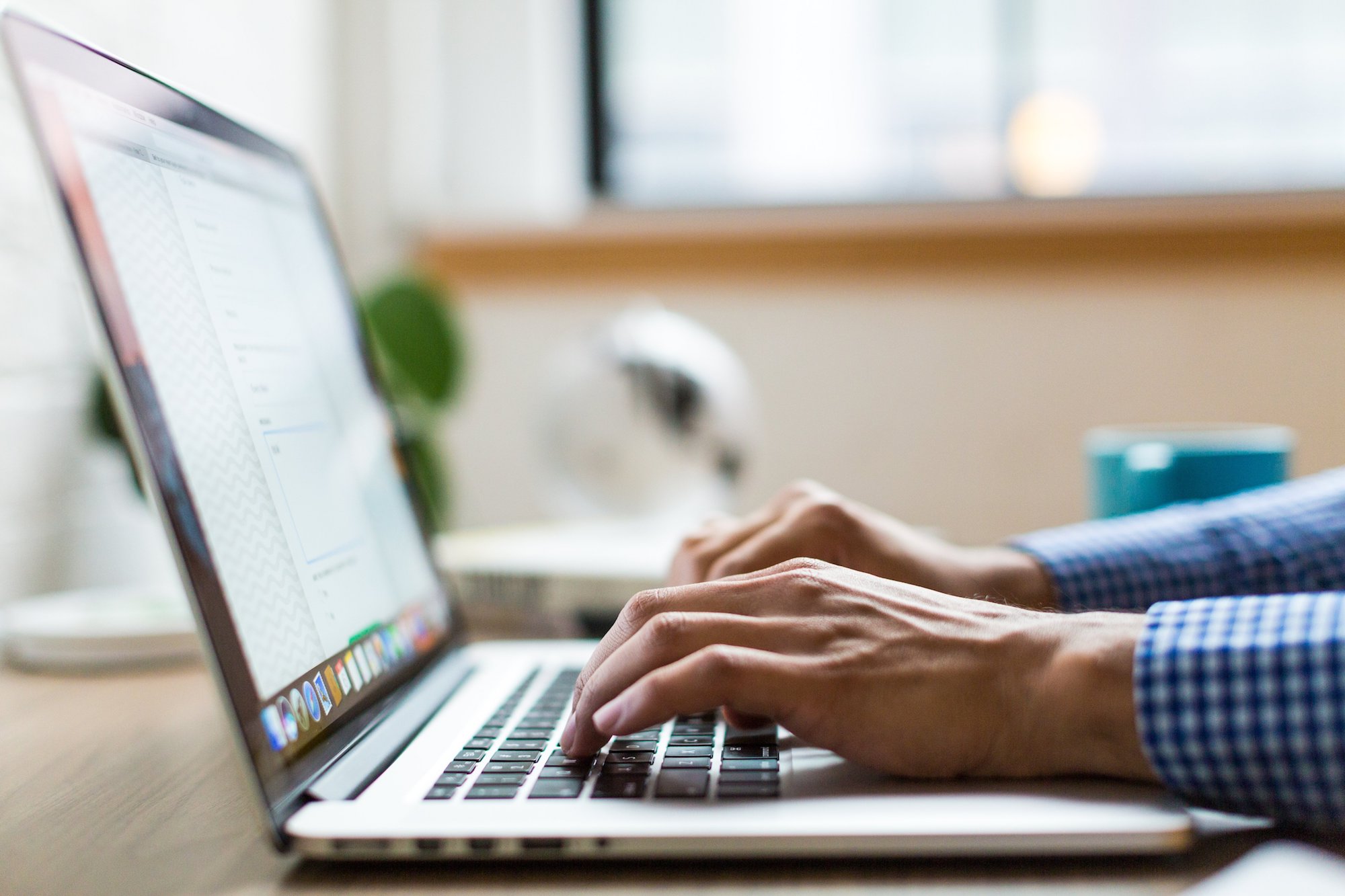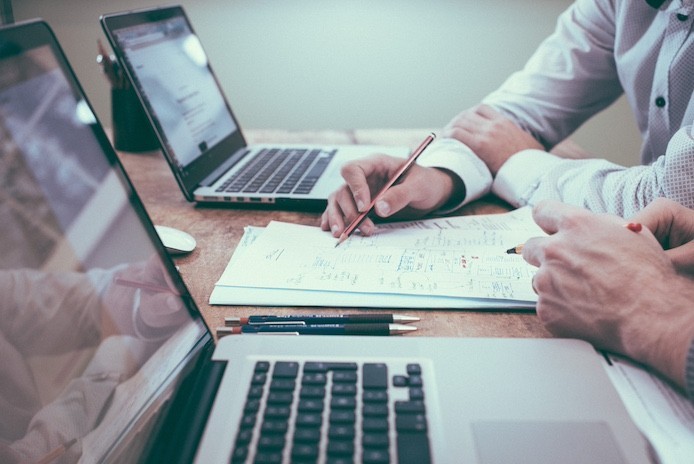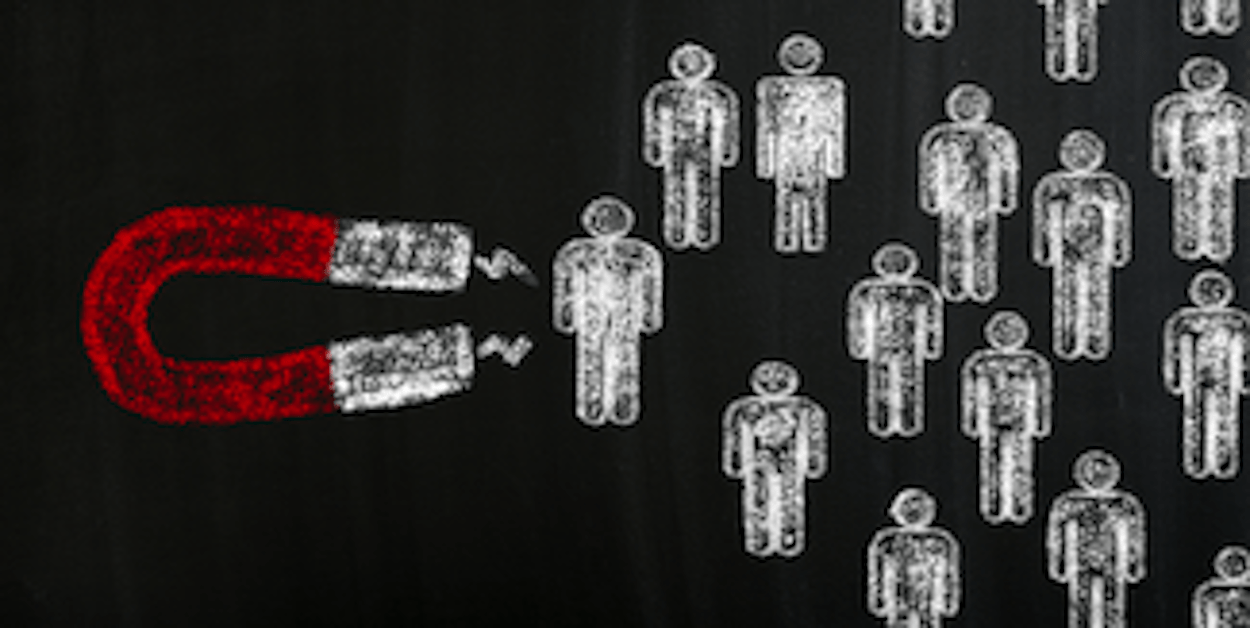Breaking from your usual routine can be difficult to navigate on your own and take a toll on your mental health. If you’re in need of advice on how to stay focused, here are a few tips from the experts on adjusting to the new normal.
With shelter-in-place ordinances active around the world, we’re all in uncharted territory maneuvering through the effects of COVID-19. From keeping kids entertained throughout the day, to working from home long-term, and being separated from loved ones, anxiety and stress are natural reactions to everything.
Disruptions to your life are difficult to adjust to, let alone when faced with something unprecedented. We all want a little bit of control when dealing with uncertainty. That’s why learning proper coping techniques early on is important for your mental and physical well-being.
So we gathered some advice from mental health experts to make home isolation more endurable. By adapting even a few of these wellness tips into your new day-to-day routine, you’ll be able to come out on the other side a healthier (and happier) person.
7 Ways to Manage Your Mental Health While at Home
Catch Some Rays
Exposure to sunlight (or lack thereof) can pay a significant role in how you feel (a.k.a. your mood). Why? Because it helps regulate your vitamin D levels, which impacts your immune system. Try to get at least 20 minutes of sunlight per day, whether it’s a quick walk around your neighborhood, sitting on your porch or by a window. You can also eat vitamin rich foods like salmon, eggs or orange juice to replenish your levels.
Stay Disconnected in the Morning
Most of us are guilty of scrolling through social media (or Slack) right when we wake up. Now is probably not the best time to be doing it, as tempting as it might be. It’s all about self control. That time you would otherwise spend on Twitter can be used on something more beneficial. Maybe you can make a fancy coffee drink, or listen to a few more minutes of your favorite podcast. Your feed will still be there after those extra moments to yourself.
Get Moving
If you’ve spent most of your day binging Friends, The Office, Parks & Rec (wherever your go-to show is), the last thing on your mind is probably exercising. Especially, if you’ve been snacking the whole time. The key here is to establish a balance and routine. Determine what time of day you’re most likely to exercise – morning, lunchtime or evening – and plan ahead. Worried you will get bored running all the time? Build it into your Saturday routine, then switch it up and make yoga your Sunday activity. You might even be able to convince a friend to join you for a virtual fitness class, if you need the extra modification.
Eat ‘Real’ Food
It’s tempting to go straight for easy, processed foods (you know, the ones you can pop in the microwave) right now. But just like exercising, you can’t continue this habit long-term without it affecting your physical health. While not everyone can afford to buy organic, or stock up on fancy ingredients, the most important thing is to eat protein, healthy fat (nuts, seeds, olive oil) and vegetables for as many meals as possible. Drink plenty of water (about half your body weight) and stay away from having dessert every evening.
Connect with Others
We are in social isolation, but that doesn’t mean we have to feel alone. One of the worst things you can do right now is to cut yourself off from people you care about. Call, text or video chat friends and family, or connect with them on social media. Was it rude to randomly FaceTime a friend before? Probably. Now? Well, there’s a bit more flexibility. They want to hear from you, and you want to hear from them. Like everything here, build it into your new routine. Create a weekly calendar invite, if that’s your thing. You can always foster a pet from a nearby shelter if you want a cuddle buddy in the meantime. Consider it especially if you live by yourself.
Switch Up Your Work Environment
Unfortunately, you can’t get up and bug your favorite coworker from across the room anymore. Which leaves you potentially chained to your desk for most of the day. Don’t fall into this habit too quickly. Make an effort to switch up where you work for a couple hours, whether it be your couch, outdoor patio, kitchen table, living room chair. If you’re having trouble concentrating, or stuck on a project, this simple change can be effective.
Rediscover Old Hobbies (Or Find New Ones)
Is there something you love doing, or that you’ve always wanted to try? Well, now’s the time to pick it up. From playing music, to working through a reading list, baking or testing out a new video game, get creative about activities you focus on during your spare time. Just make sure you don’t get stressed out if you haven’t found your ‘thing’ yet.
Focus on what brings you happiness, not what makes you feel productive. It’s okay if some days you don’t feel like doing anything. It’s natural. But don’t get stuck in a rabbit hole of doing nothing either. You can also use your hobbies as a tool to connect with friends and family. They are in the same position as you are, so why not find joy together?
Like Everything, Mindfulness Takes Practice
Maintaining your mental health is easier said than done. The most important thing is to stay calm, be prepared and well-informed, and check on others. Keep these times in perspective and learn how to carry on.
- Manage Your Expectations – Don’t ignore your emotional needs. We will all experience moments where it’s difficult to concentrate or have low motivation. Adaptation takes time, so go easy on yourself.
- Keep a Routine – Routine is your friend and will help you adapt more quickly to this current reality. Prioritize your sleep, hygiene, healthy-eating habits and exercise. Set up a weekly call with your friends and family. And create clear distinctions between work and non-work time.
- Take a Break – Don’t be stuck at your desk all day. Working in short bursts, with clear breaks in between, can reset your mind if you’re stuck. Have laundry? Throw in a load. Is it bright and sunny outside? Go for a 15 minute stroll around your neighborhood.
- Ask for Help – It’s okay if you can’t figure out everyone on your own. Reach out to a mental health professional if you’re getting overwhelmed. Most have switched over to tele-medicione services where you can conduct appointments online.
The best way to manage uncertainty right now is the stay in the present. Take each day as it comes and focus on all the things you can control. By embracing good mental health practices, and leaning on others, we can protect ourselves and move forward when the time comes.






